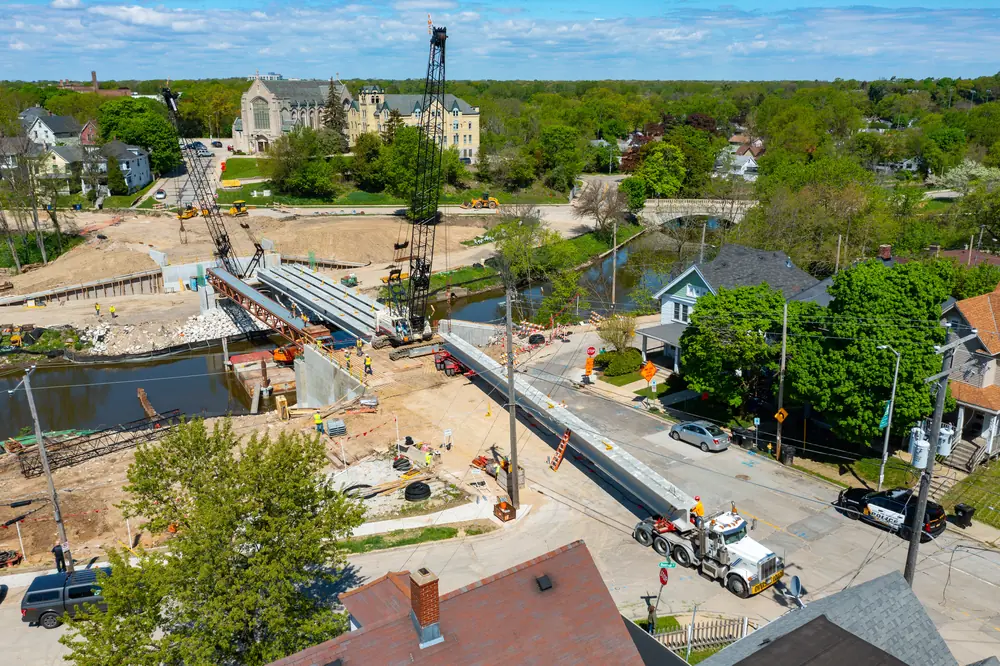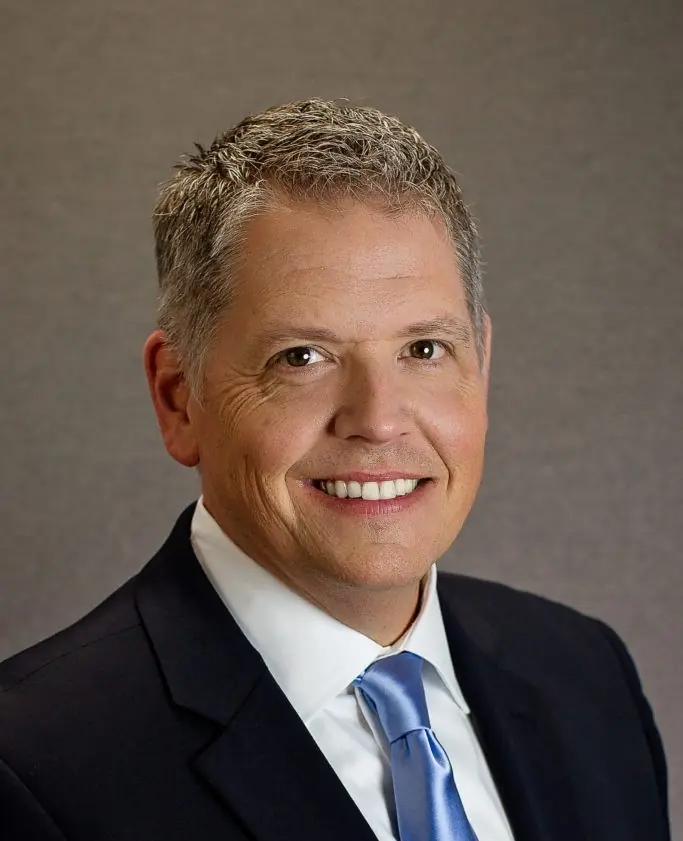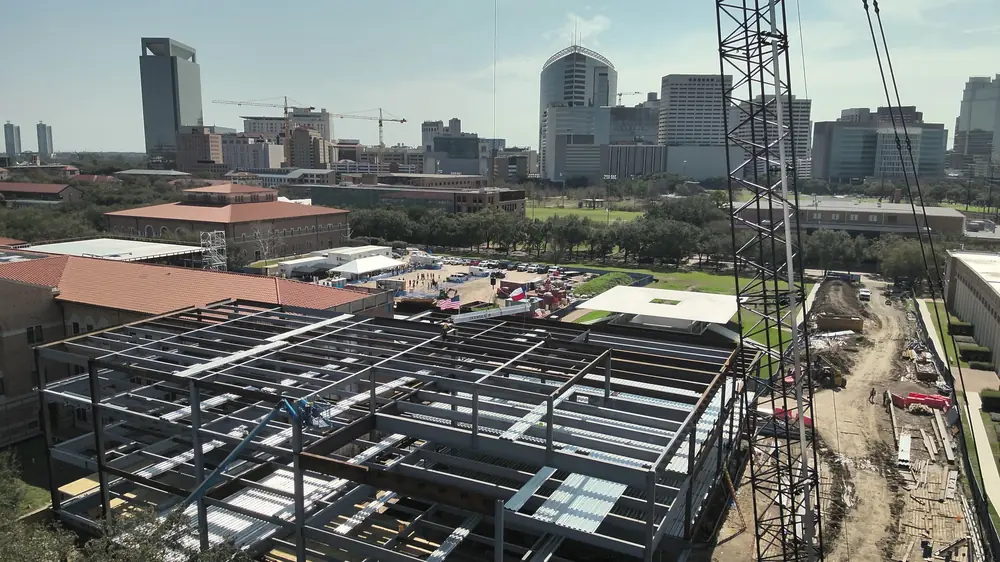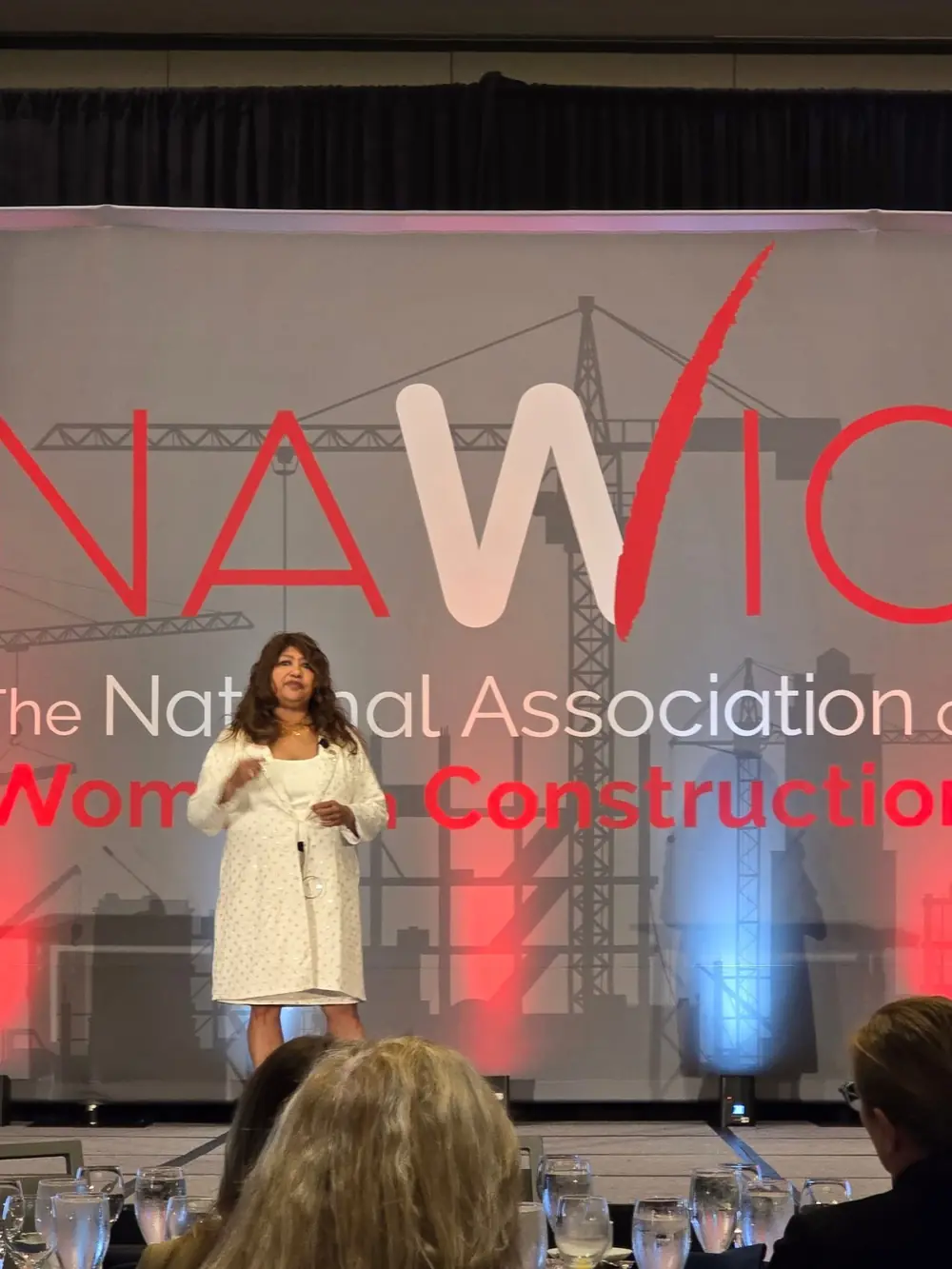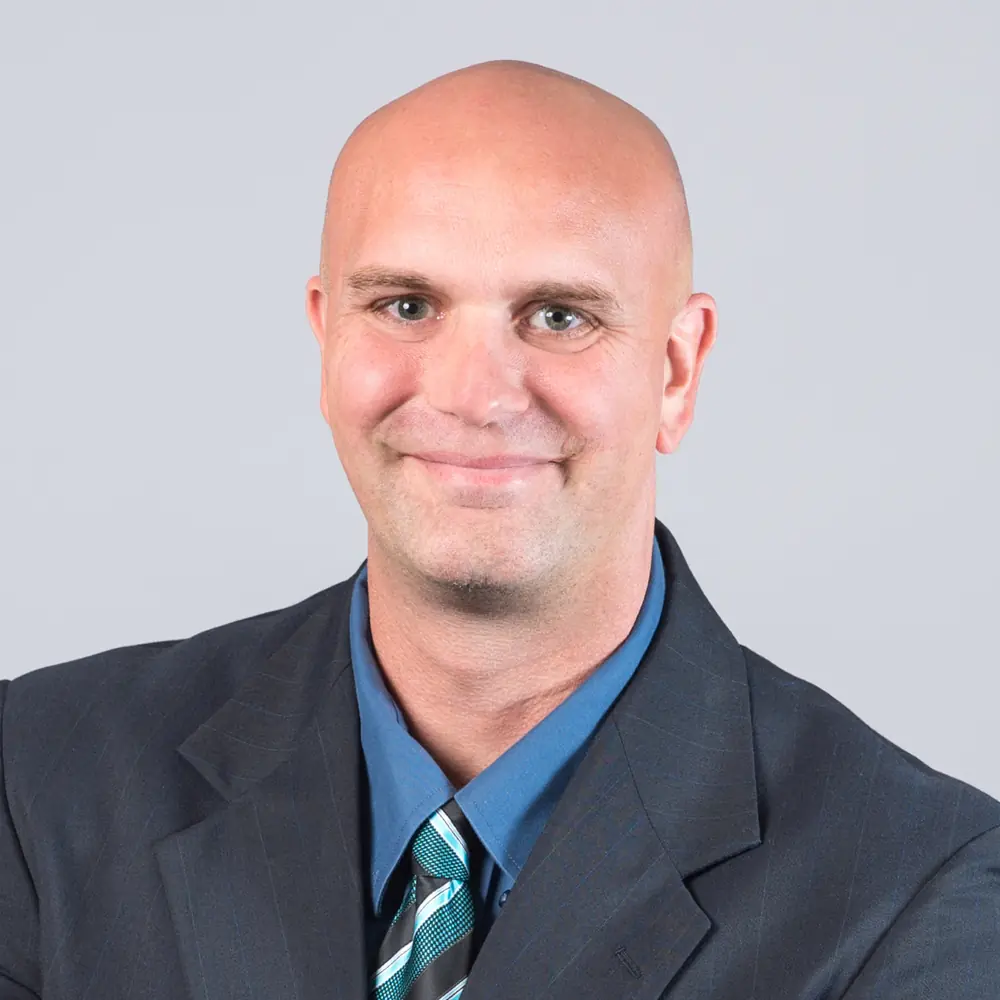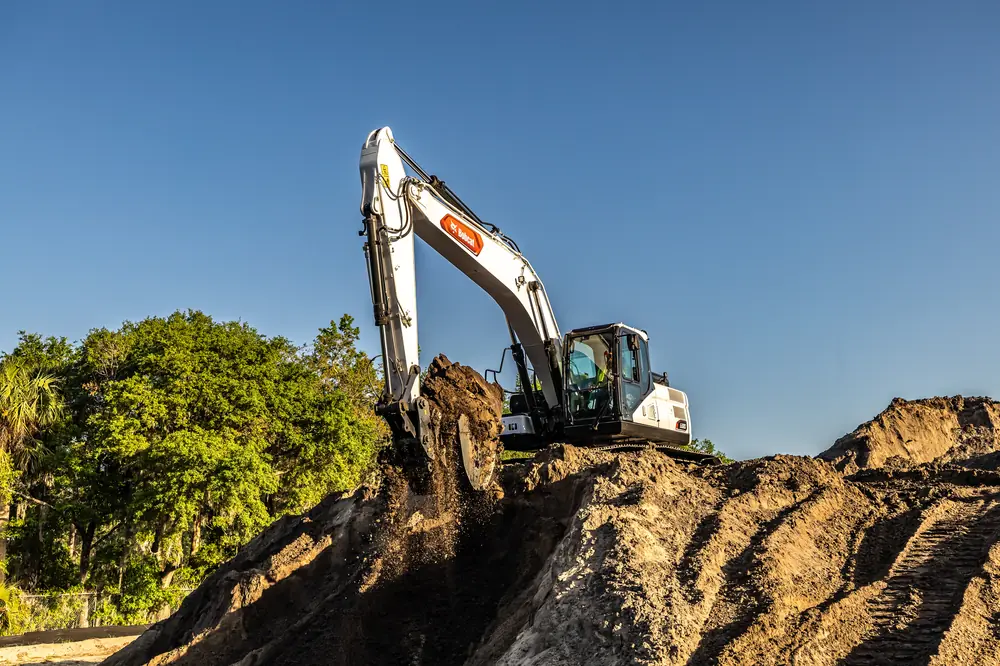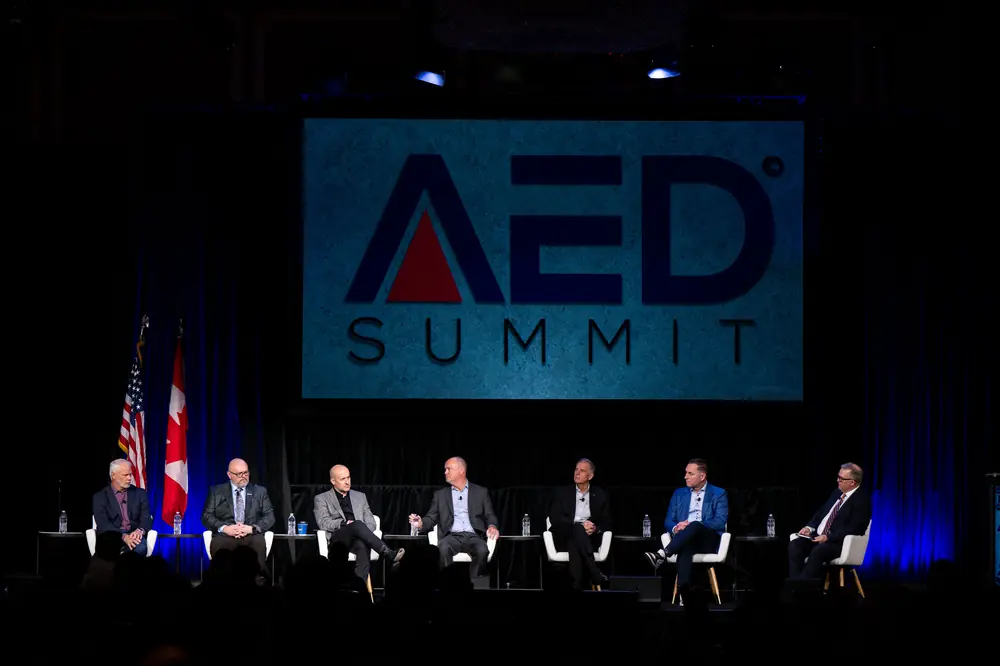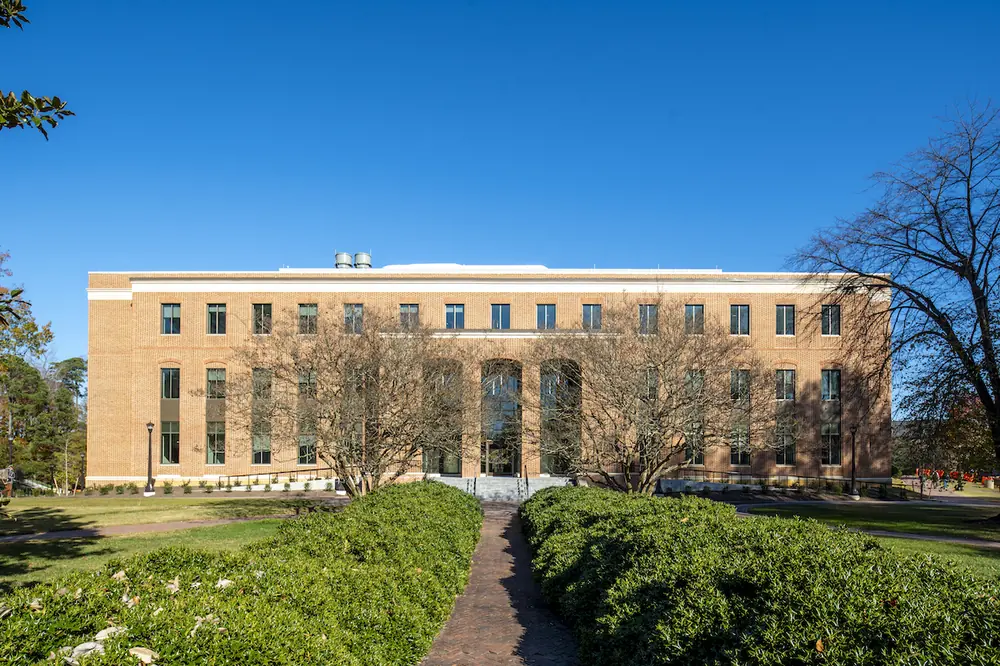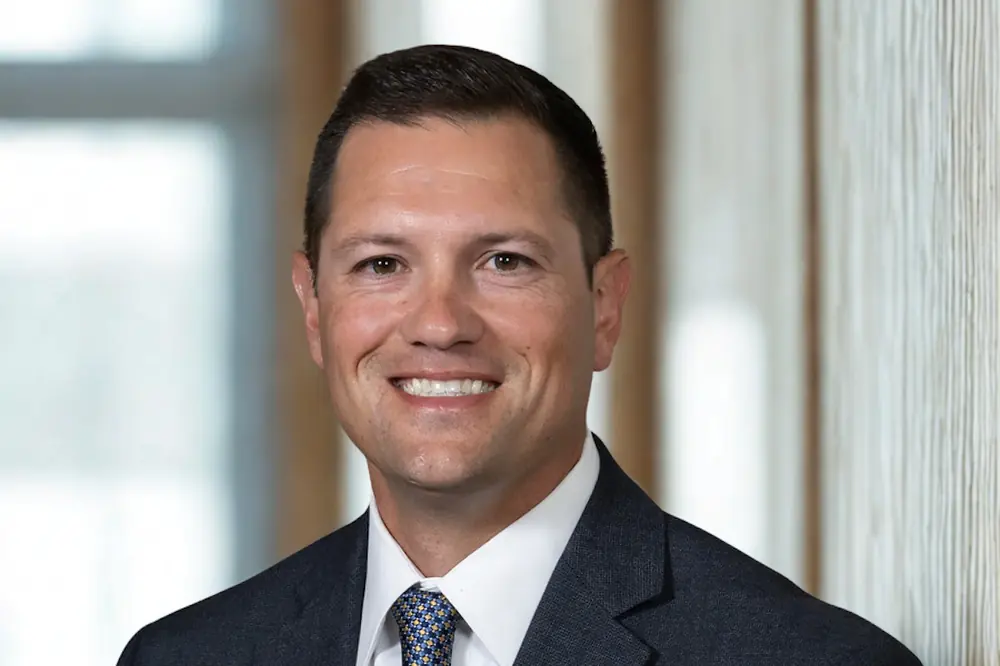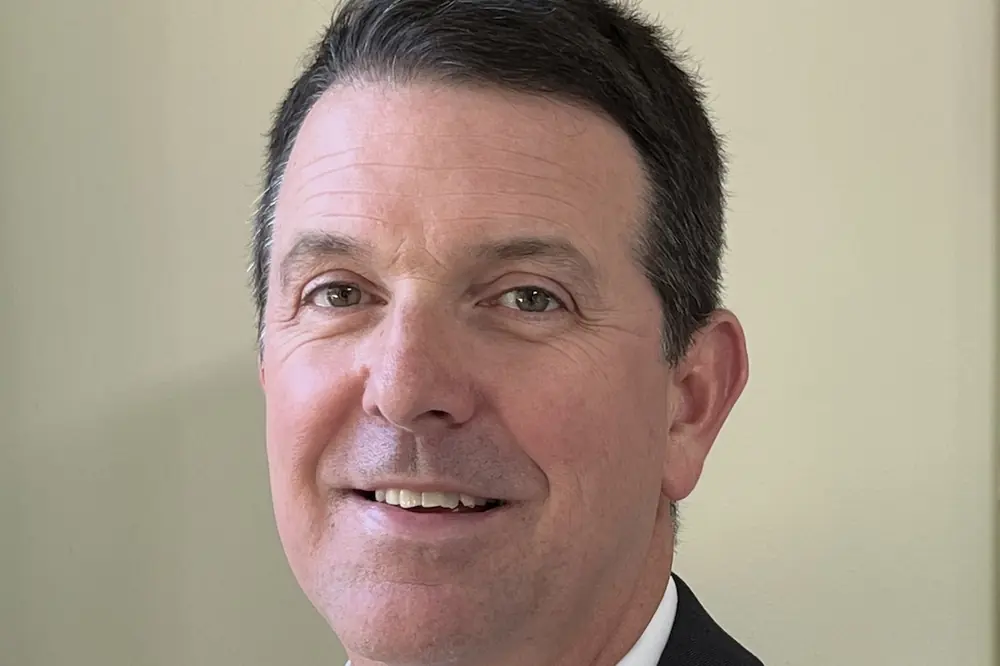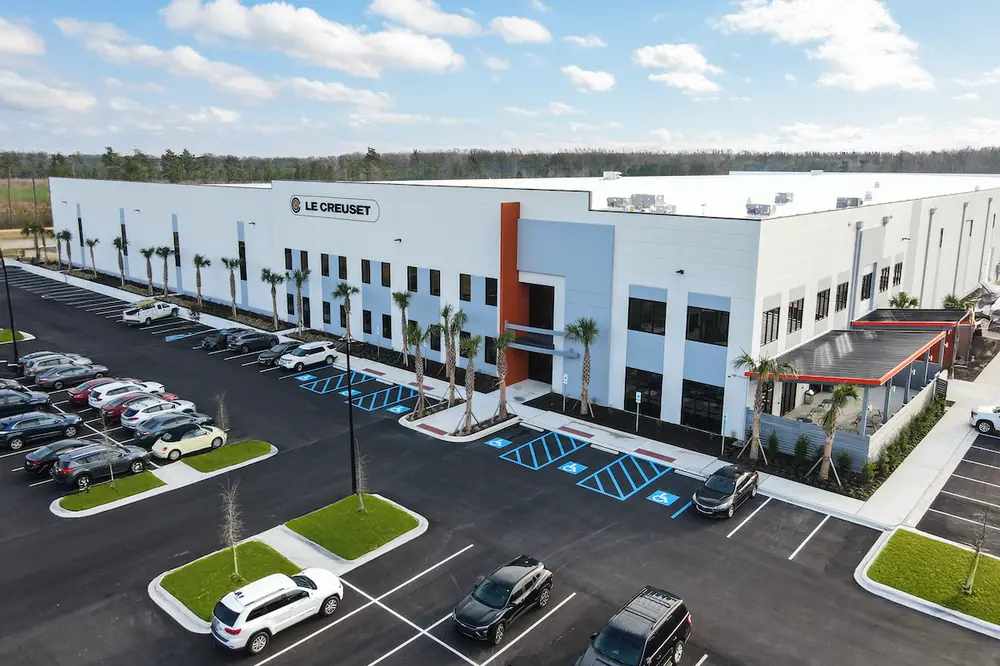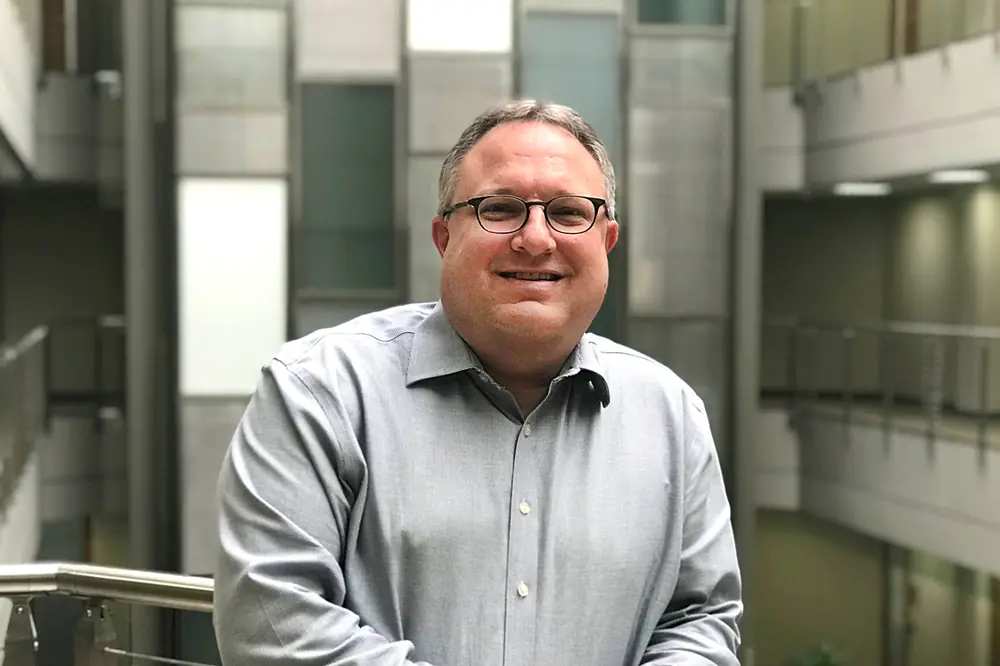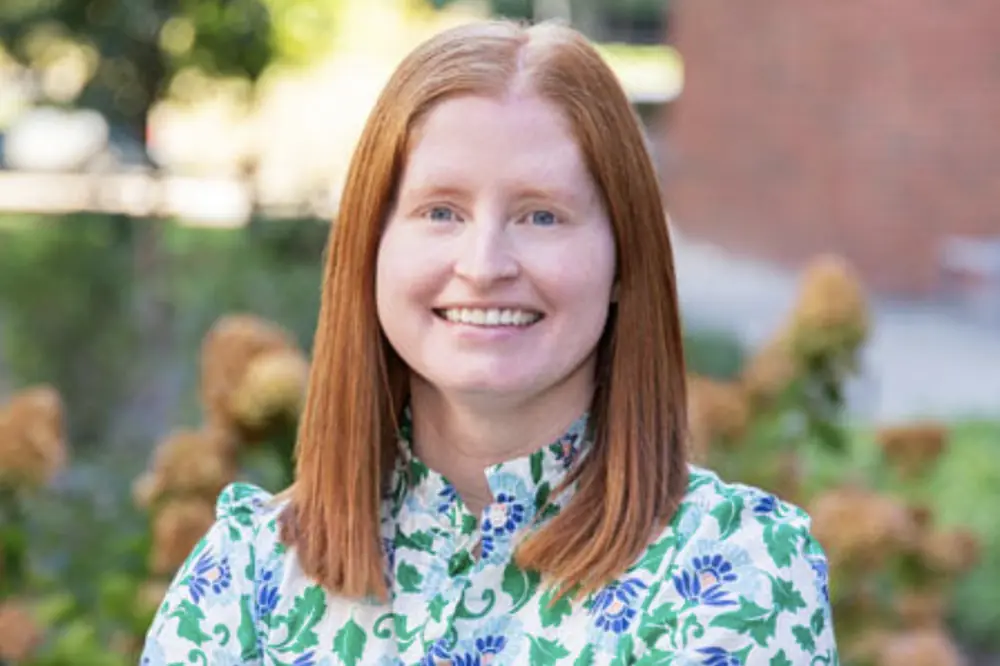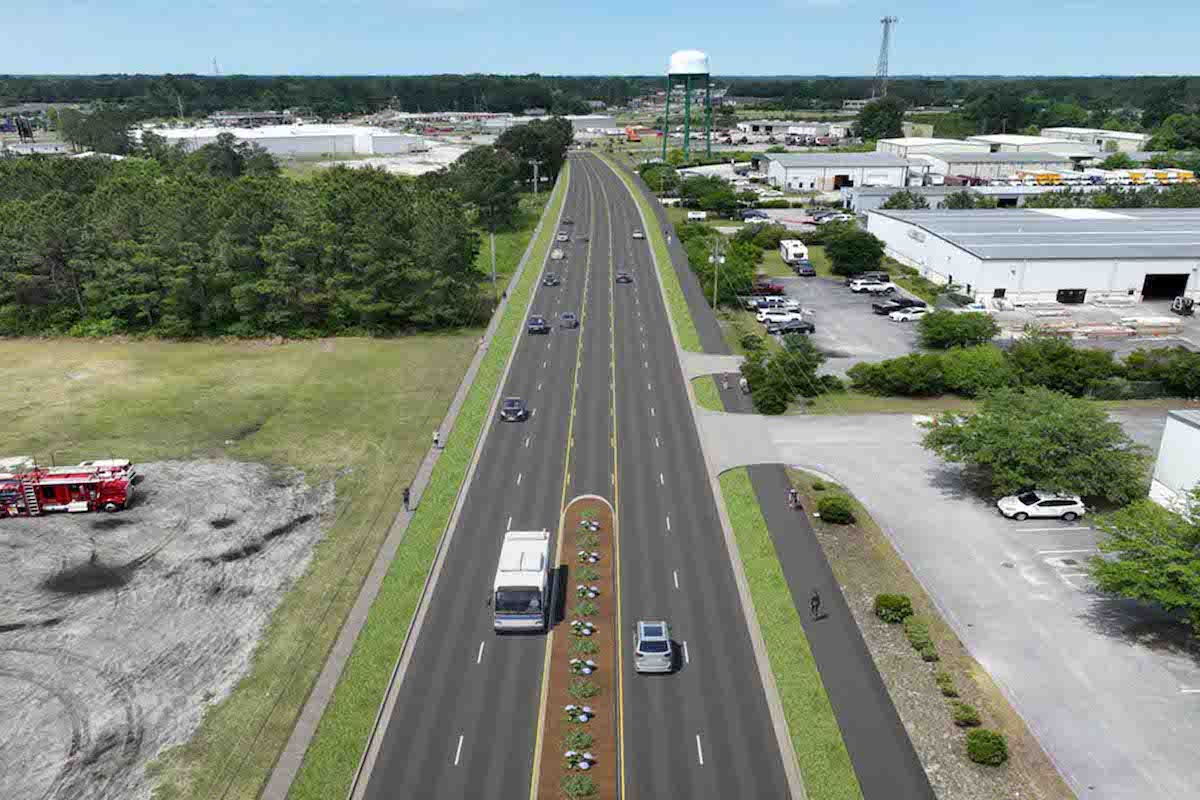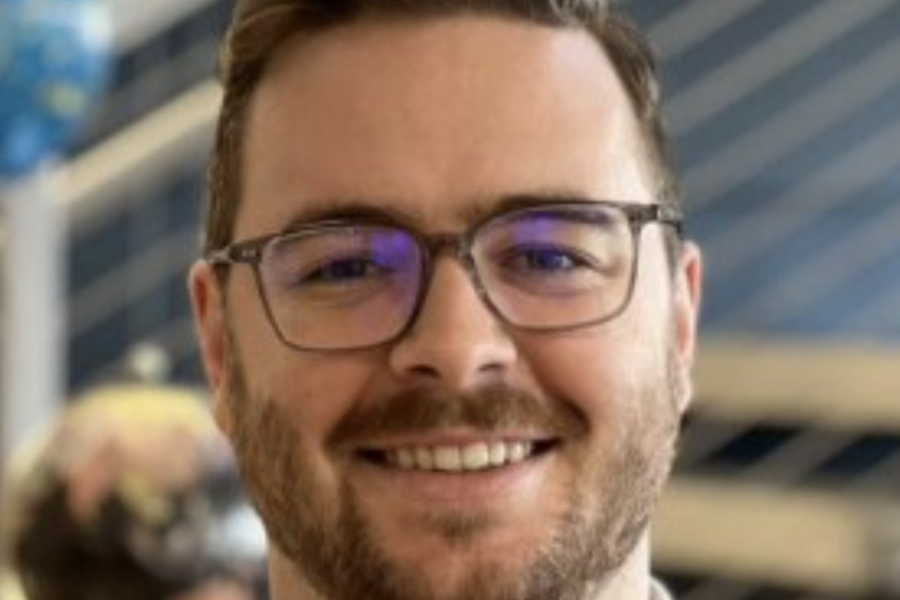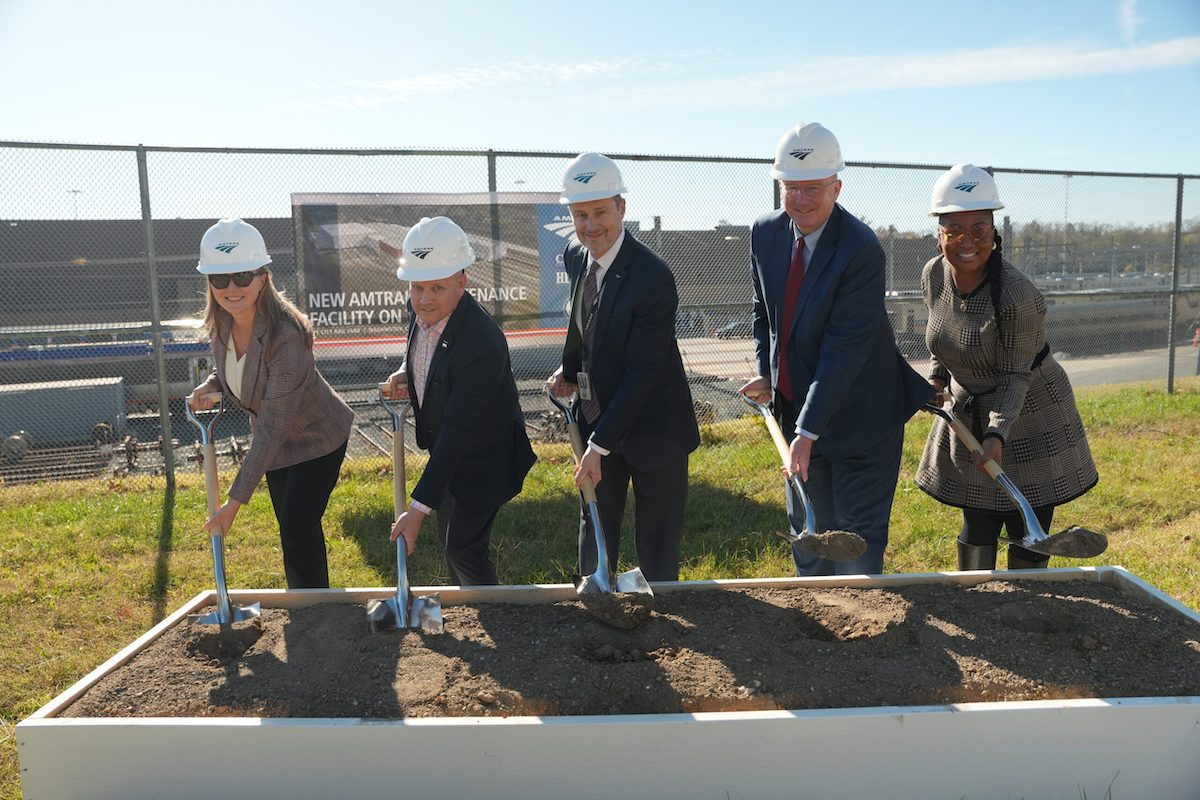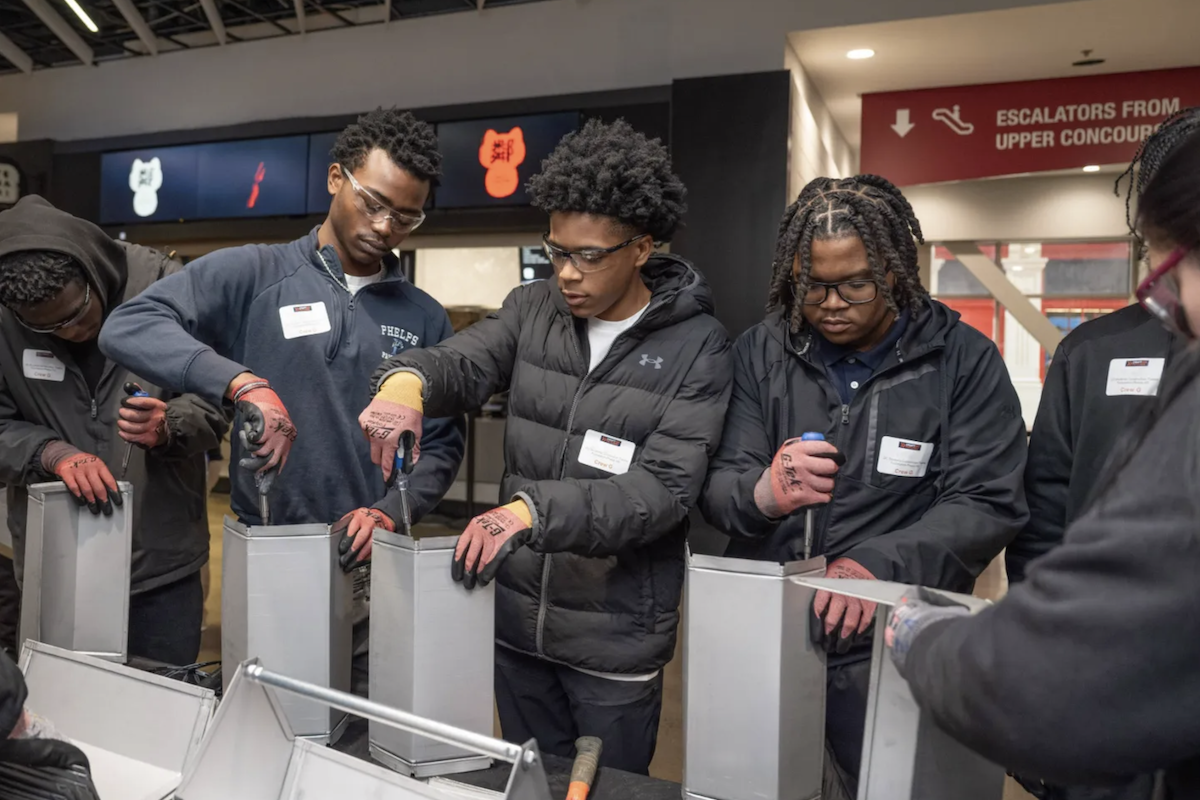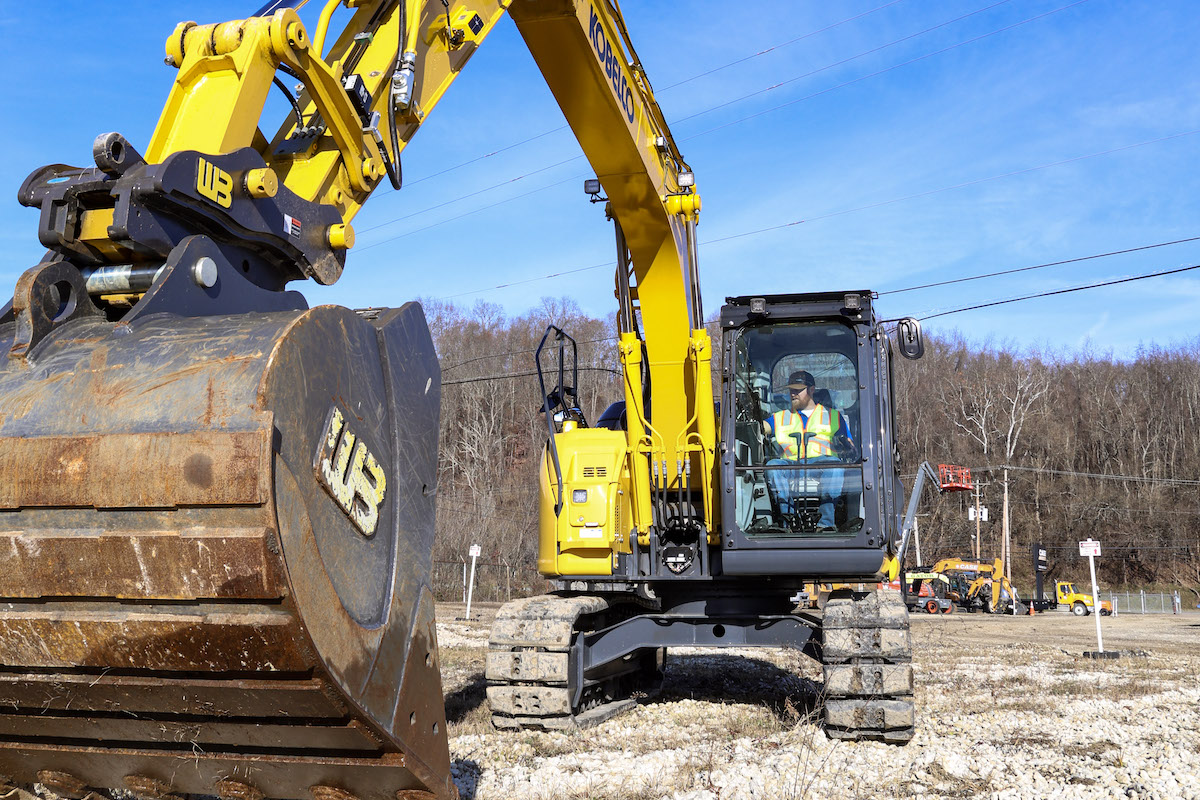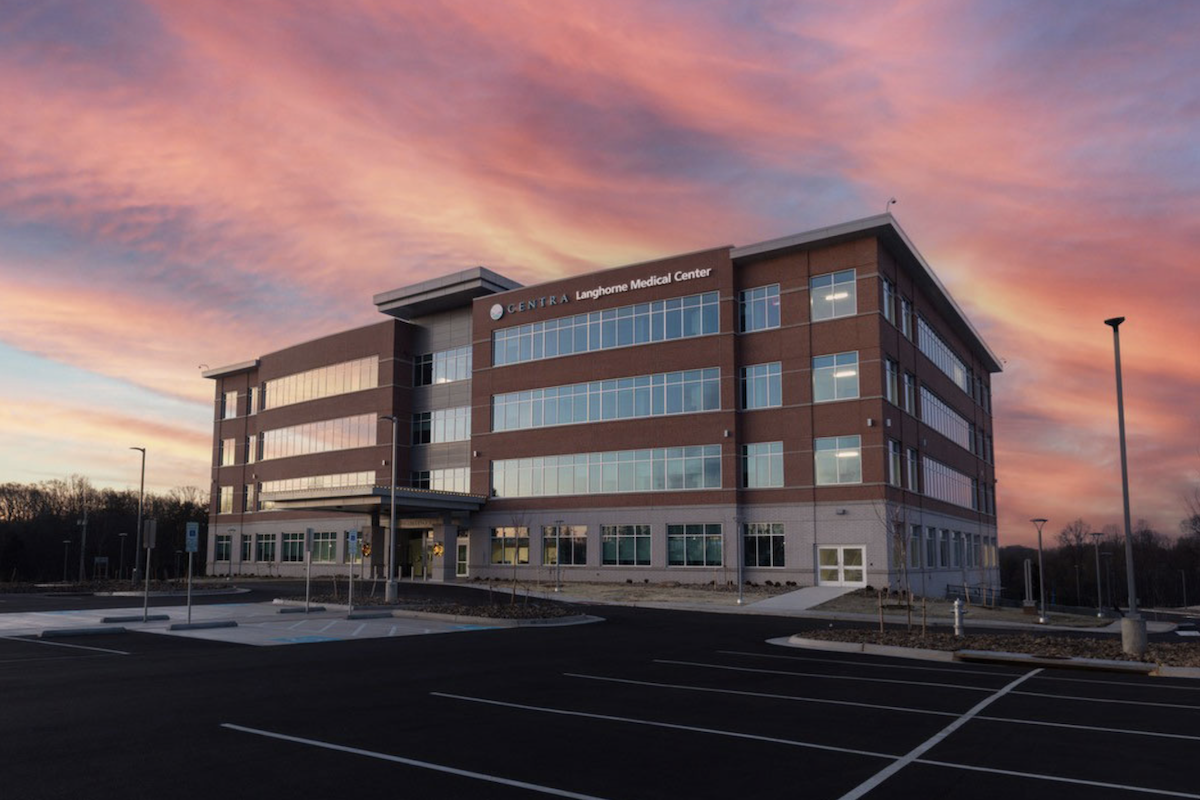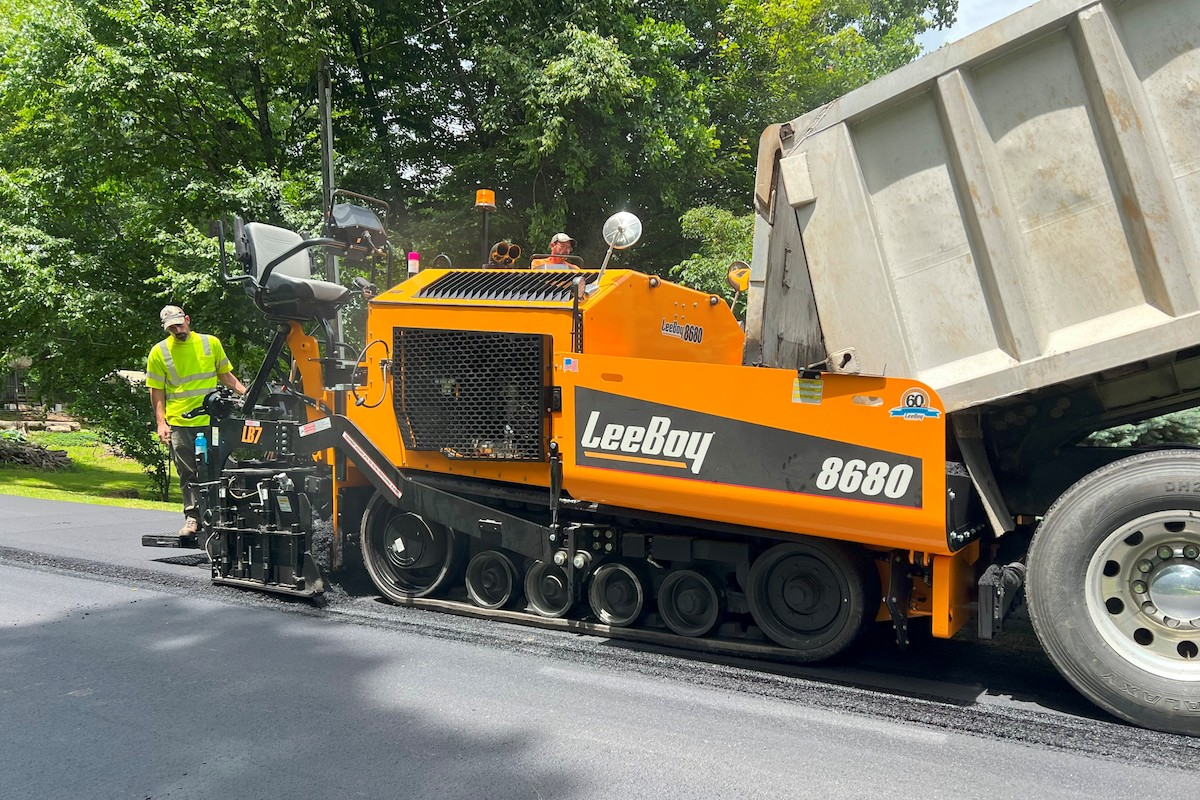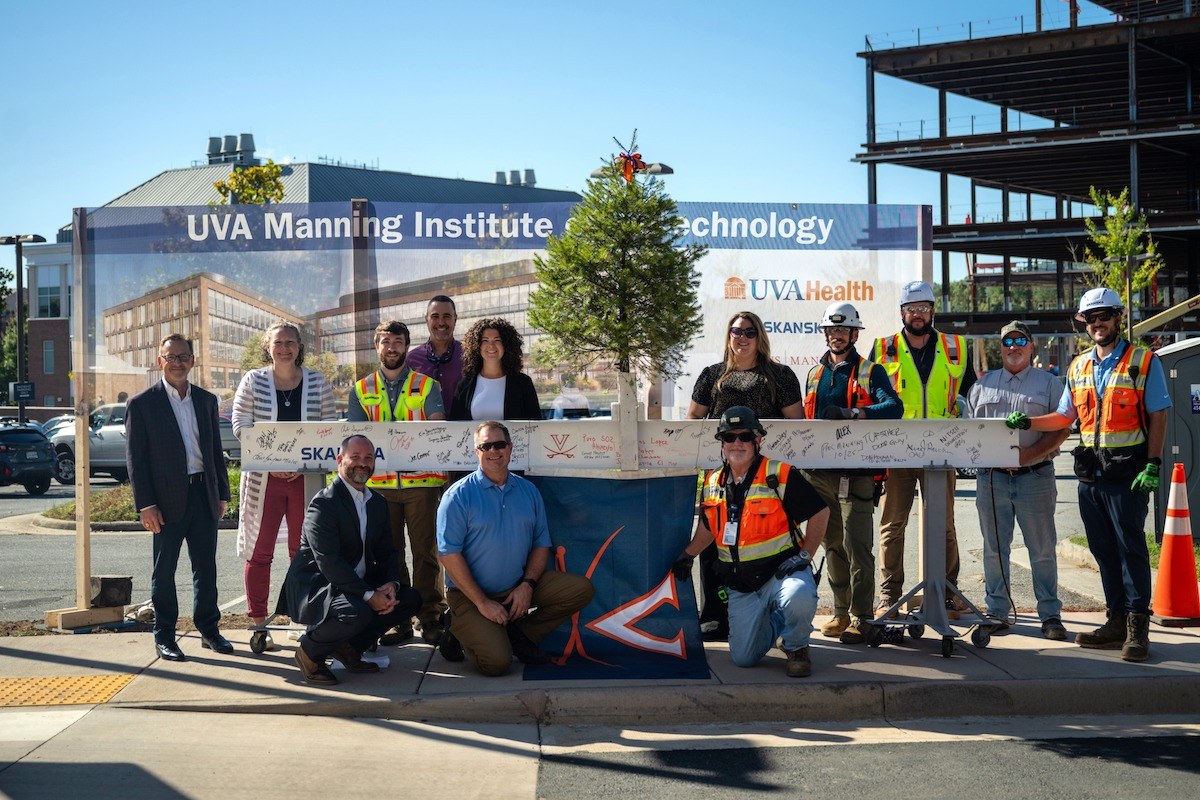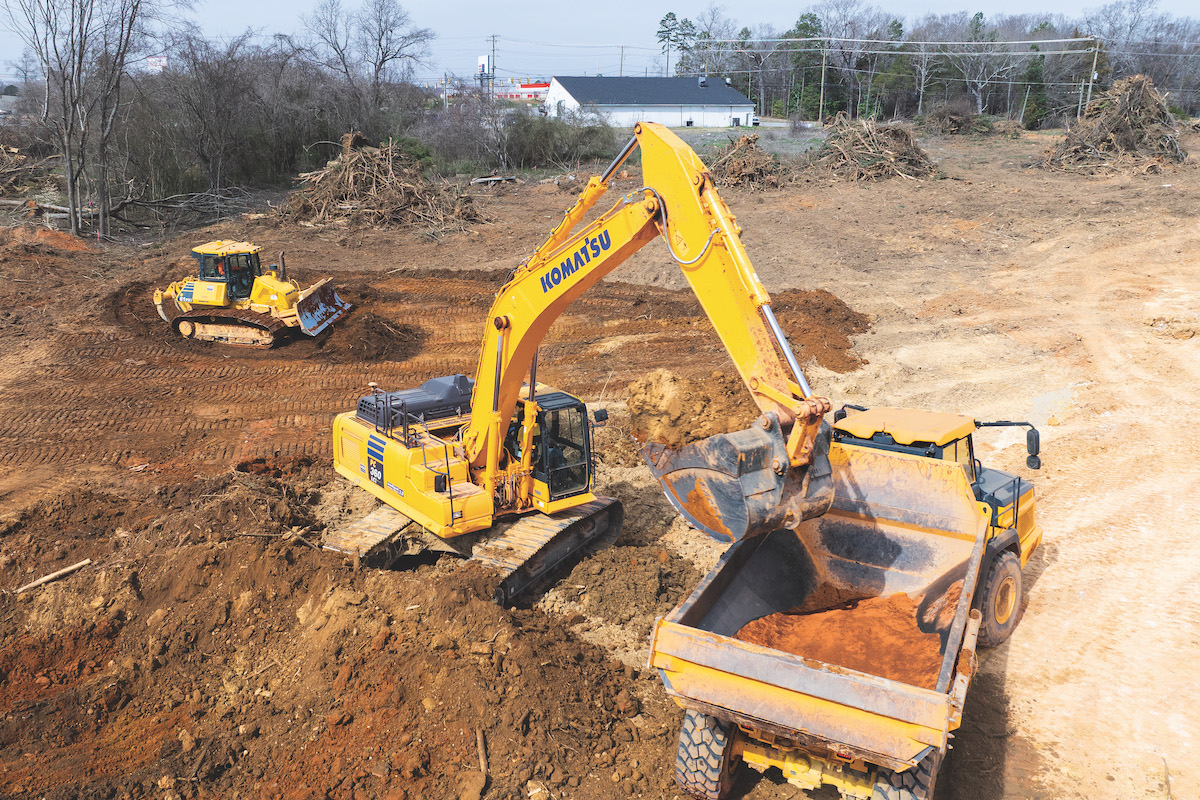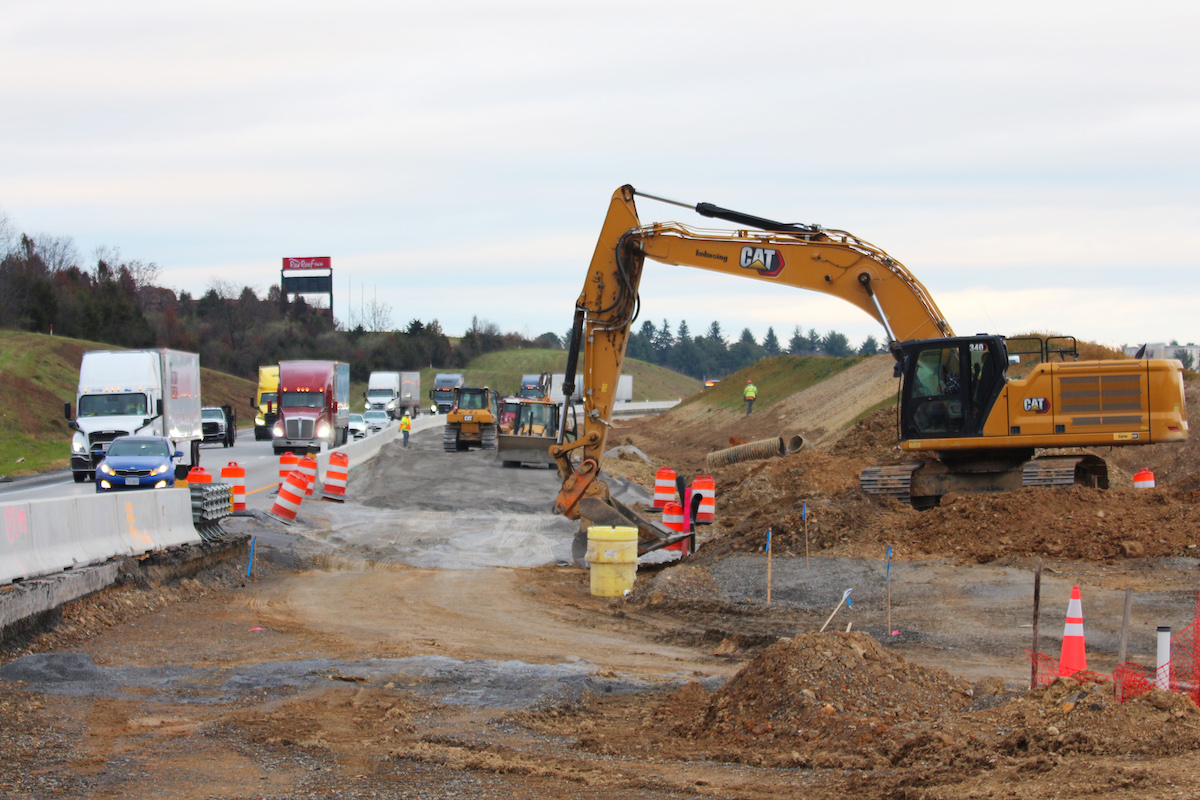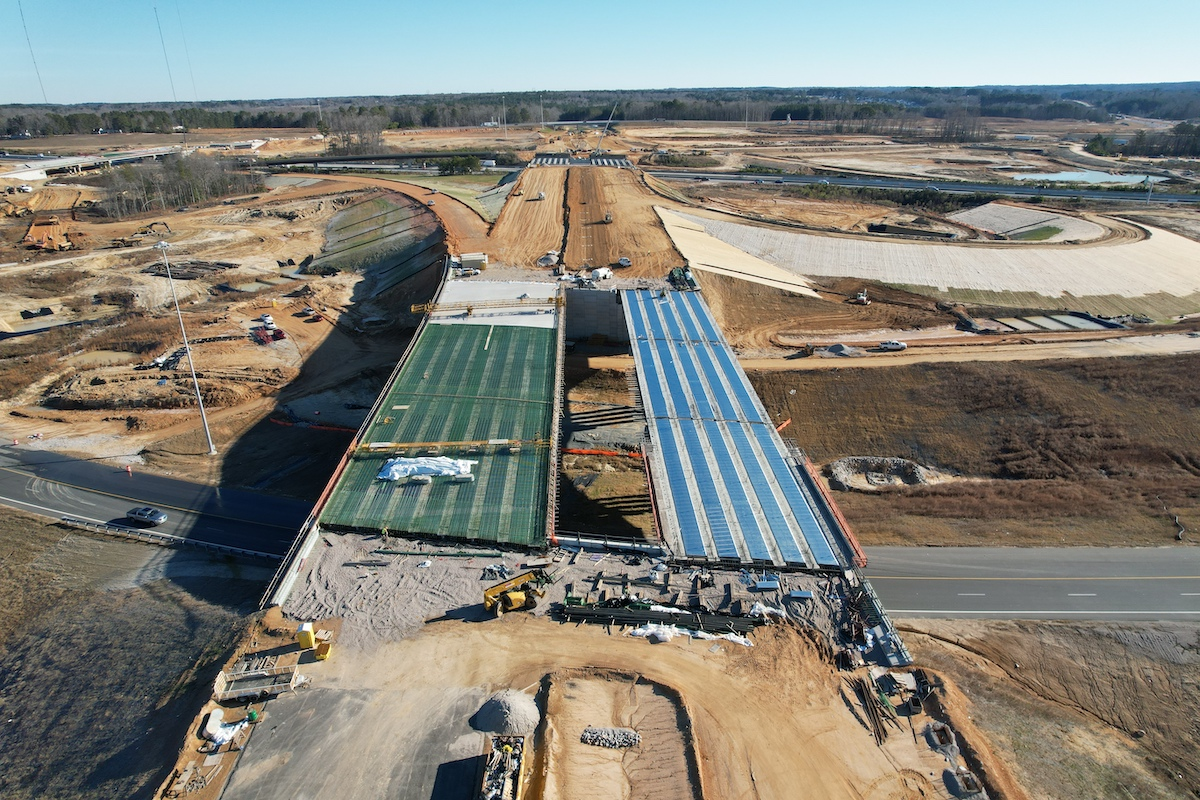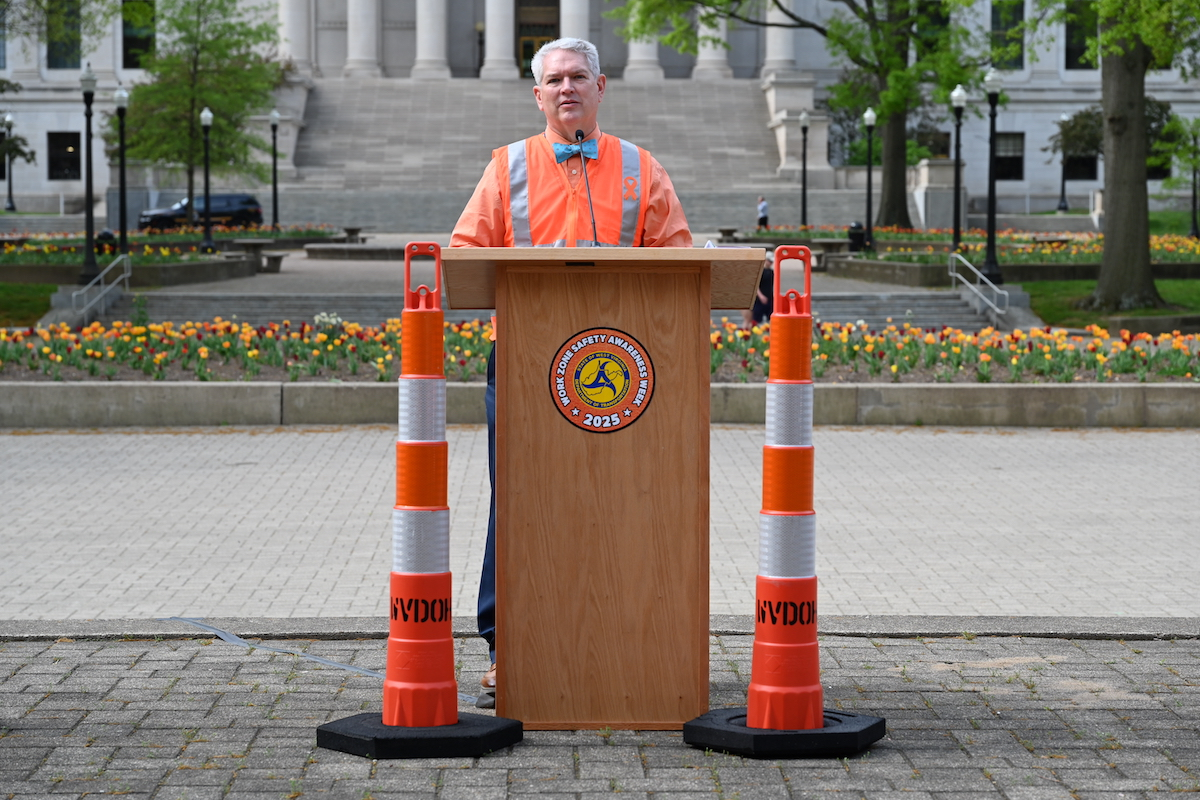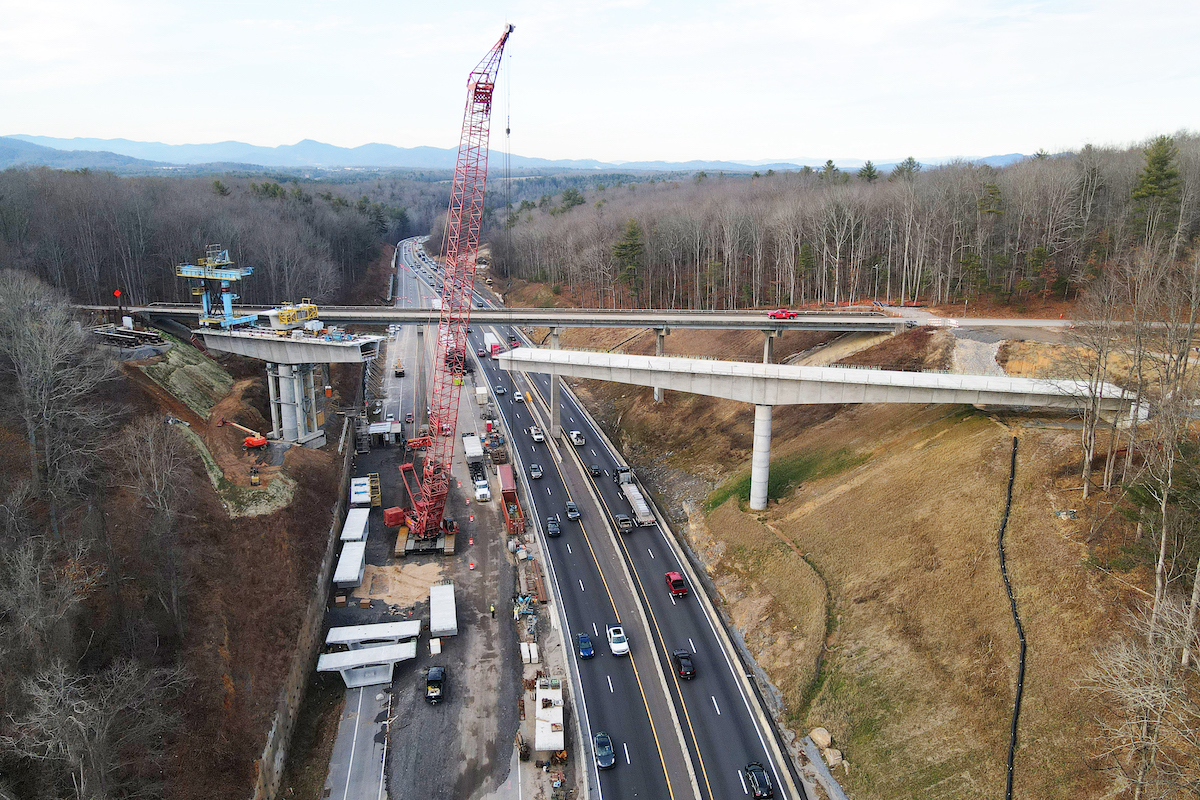With nearly a quarter-century of experience, Mishelow offers valuable perspectives on the evolution of Meyer Najem, its commitment to a "Family First" culture, and its enduring success in the industry. From discussing the changing landscape of project delivery methods to sharing personal insights on mentorship and community engagement, this interview provides a glimpse into Mishelow’s extensive experience and imparts advice for aspiring professionals in the construction field.
How do you compare the Meyer Najem you joined almost 25 years ago to the firm we see today? Were there growing pains along the way in developing these relationships for 20-plus years?
The culture at Meyer Najem has always been ‘family first’. When you think about the stability of the construction industry, most people would say construction is not typically one of the more stable market sectors from a labor standpoint. I think Meyer Najem broke that mold.
Meyer Najem started in 1987 by Purdue fraternity brothers Karl Meyer and Anthony Najem. Tim Russell, Kevin McGovern, Chris McCracken came in soon after, and they are still here. So, when you think about that kind of leadership stability and continuity in our industry – the two founders are still here and active – they established the ‘family first’ culture early on.

| Your local Topcon Positioning Systems Inc dealer |
|---|
| Linder Industrial Machinery |
I joined the firm in December of 1999. We had about 35 people when I started. We are up to about 145 people now, but the majority of that core of 35 people are still here and adding value to the organization.
I think that is a real differentiator. All those people that I mentioned – our two founders, our president, our COO – all were here when I came to the firm and remain the backbone of this organization. We have grown with multiple layers of new team members and new partners, which has provided unbelievable depth and leadership for our firm for years to come.
Have you noticed an evolution in project delivery since you started at Meyer Najem?
When I started, public bid and invited bid were recognized as the preferred delivery methods. Then, the industry gravitated towards design-build as Indiana became one of the last states to recognize design-build as an approved delivery method for public sector projects.
At the same time, construction management was rearing its head, both in the public and private sectors, and eventually was approved as a way to deliver public sector projects. In the early 2000s, Meyer Najem built both the Noblesville and Fishers libraries under a construction management contract which was relatively new at that time. Meyer Najem continues to be active in this space and procurement method.
Most recently, alternative delivery methods such as Public-Private Partnership and Build Operate Transfer (BOT) became more common. Meyer Najem continues to be successful across Indiana with municipal projects, police stations, fire stations, and public libraries. We have a few significant BOT projects underway now: the Westfield Washington Public Library, Morgan County Judicial Center and the City of Fishers Arts & Municipal complex.
As the industry continues to progress, how is Meyer Najem positioned to sustain and build upon its current success?
All industries are seeking talent. Meyer Najem has been innovative in terms of how we prioritize our people, and that is reflected in the quality of service we provide to our clients. We have always taken care of our people. What makes our firm an employer of choice is not only the ability to attract good talent, but to retain and cultivate the talent we have. Retaining your talent is going to be a key success factor moving forward.
We are seeing the benefit of a focused employee engagement strategy which is allowing Meyer Najem to attract new talent. The result is our firm’s ability to sustain growth, open new offices, and offer more opportunities to our existing employees. We have continued to be awarded “Top Workplace” every single year since The Indianapolis Star started that back in 2009, and we have those banners hanging in our operations area in our Fishers headquarters.
How did you end up joining Meyer Najem in the late 90s? What sparked your interest in construction?
It has been a wonderful journey for me. I started out as the Executive Director of Business Development, and then moved into the role of Chief Strategy Officer. My primary responsibilities were to assist leadership with corporate strategy, succession planning, and leading our business development team. Dan Lawson in our office now has the responsibility of leading our business development team and is doing great things.
Prior to coming to Meyer Najem, I did not have an educational background in construction. But I had a relationship with Anthony Najem, one of the founders. He and I grew up together although I was a few years older. By the mid-90s, Anthony began discussing the opportunity to join Meyer Najem. Finally, in 1999, I left my previous position and joined Meyer Najem.
It was not necessarily my interest in construction that drew me to Meyer Najem. It was my interest in joining a growing, emerging firm. I had an awareness of their principles and spent some time getting to know Karl Meyer and Tim Russell, and I really felt good about the organization. They needed someone to help brand them, someone who could go out and represent the firm externally.
My background was in sales, marketing, and brand management. I like the pursuit, and I enjoy going out in the marketplace and creating new relationships. I began to build my awareness and my visibility in the marketplace.
Is there anyone who you have viewed as a mentor to you during your career?
Everyone talks about mentors now. When I was growing up, that word never really existed. You just went to work, you learned, and then if it worked out, you stayed. And if it didn't, you went somewhere else. Now, there's a great deal of attention on employee engagement and mentorship. There were a couple of people along the way.
My dad was my mentor. He was someone I went to. Unfortunately, he died very early in 1990. I came to Meyer Najem in ‘99. So, there was kind of a gap there for a while because I really did not have anyone to go to.
Bill Carson was one of those guys I looked up to. He was head of the Indiana Builders Association for many years. J.R. Gaylor, the Executive Director of Associated Builders and Contractors, is another leader in the industry who I looked up to, and still do. He leads the consortium of contractors like Meyer Najem in Indiana and Kentucky. J.R. gave me great direction on how to navigate the political landscape.
We use a leadership coach here at Meyer Najem named Dr. Dan Snively. He is someone who I continue to go to when I have a dilemma, and he has taught me to improve my critical thinking and communication skills. Dr. Snively and his firm “The Lion’s Lead” have really helped me along the way.
How has your long-standing leadership in volunteer efforts for esteemed local organizations like the Hamilton County Leadership Academy, the Indiana Rural Health Association, and The Humane Society for Hamilton County influenced the visibility and growth of Meyer Najem in Indiana?
For me, the volunteer work is just about my desire and willingness to be engaged. Additionally, it was about bringing awareness to our firm at the same time.
Hamilton County Leadership Academy is really important to me, and I continue to be engaged there. I went through the Hamilton County Leadership Academy in 2005, served on their board of directors for several years, and then had the opportunity in 2020 to serve as the Dean for the 2020 class.
I’ve been on so many amazing boards, like The Indiana Rural Health Association, for example. Healthcare is one of our primary markets at Meyer Najem, so that brings awareness to our firm. But it also reflects my desire to be engaged and to meet people and to learn – all of which are really drivers for me.
What are a few of the most important lessons you learned during your professional life?
You must be willing to give back to the community. And, more importantly, you must be willing to give with no expectation of anything in return. Because if you expect something in return, it is so visible.
What advice might you offer to a young professional who's beginning his or her career in the field of construction?
Get involved. If you're in the construction industry, there are so many opportunities for board service. Indiana Construction Roundtable and Indiana Subcontractors Association are great opportunities to get involved. Find a construction-related industry association, get involved, learn from your peers, and don't be afraid to wade in and volunteer some time.
Give back to the community in some capacity, some nonprofit, your church, whatever it is. Have people look at you like you have a serving mentality. That motivates people in such a positive way, and along the way you are spending time with like-minded people.
I say this to my son all the time: your reputation is your calling card. It takes a career to build it, but five minutes to destroy it. Be cognizant of how you treat people. Be thoughtful of how you interface with people. Invest time in learning about how building diverse teams is so much more functional.
The last piece of advice would be to find a respected organization that places a great deal of emphasis on developing and rewarding their people and gives back generosity to the communities they serve. I was truly fortunate to find one. Thank you, Meyer Najem, for an amazing 24 years.








